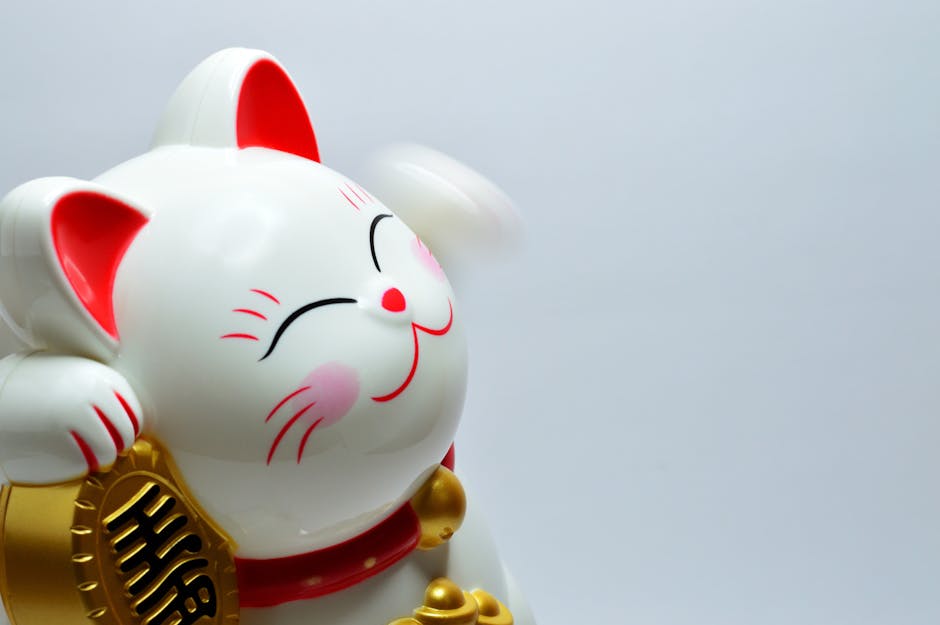
Psychological Impact of Animal Symbolism
Psychological Impact of Animal Symbolism
Animal symbolism has been a significant part of human cultures and belief systems throughout history. The representation of animals in various forms, such as myths, tales, and art, holds a deep psychological impact on the human mind. This blog post explores the fascinating psychological effects of animal symbolism and how it influences human perception and behavior.
1. Archetypal Connection
Animal symbolism taps into our collective unconscious and activates archetypal connections. Each animal represents certain qualities and characteristics that resonate with human emotions and experiences. For example, the lion symbolizes courage and leadership, while the butterfly represents transformation and rebirth.
2. Personal Associations
Animal symbolism also works on a personal level, with individuals forming unique associations with specific animals based on personal experiences and beliefs. These associations can trigger deep emotional responses, shaping our perceptions and influencing our actions. For instance, someone who associates rabbits with innocence and fertility may feel a sense of comfort and protection when encountering a rabbit in their life.
3. Cultural Significance
Animal symbolism varies across different cultures and can hold culturally specific meanings. For example, the dragon is regarded as a symbol of power and good fortune in East Asian cultures, while in Western cultures, it often represents danger and evil. Cultural symbols not only reflect the values and beliefs of a community but also influence the individual psyche through shared social interpretations.
4. Emotional Triggers
Animal symbolism has the power to evoke strong emotional responses. Certain animals may trigger feelings of fear, excitement, or awe based on their symbolic connotations. For instance, the snake's association with danger and transformation can invoke intense emotions ranging from anxiety to fascination in different individuals.
5. Symbolic Expression
Psychologically, animal symbolism provides a language for expressing complex concepts and emotions that may be challenging to articulate directly. By assigning symbolic meanings to animals, humans can convey deeper layers of meaning and tap into the richness of the unconscious mind.
In conclusion, animal symbolism plays a profound role in the human psyche. It links us to universal archetypes, triggers personal associations, carries cultural significance, and evokes intense emotions. By understanding the psychological impact of animal symbolism, we gain insight into how these powerful symbols shape human perception and behavior.
